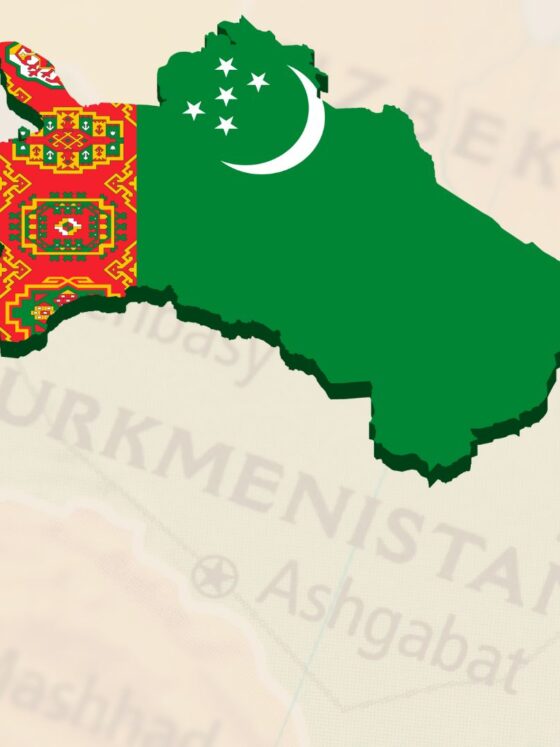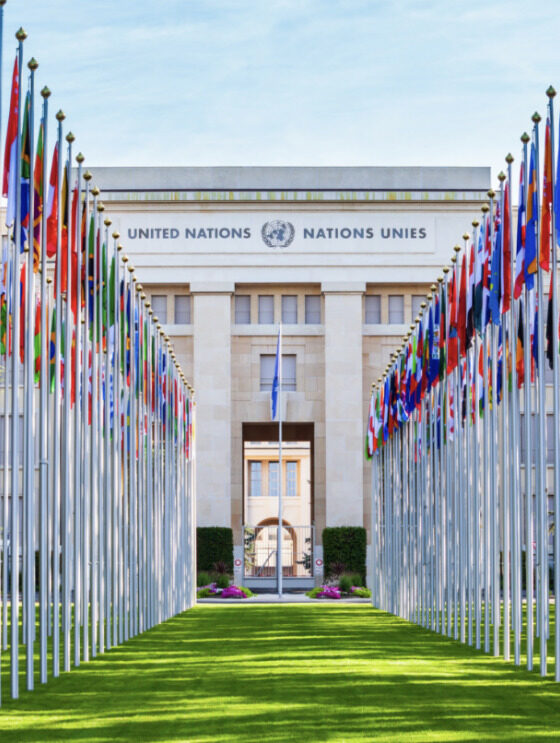Kazakhstan’s Policy on Multilingualism with Jill Neuendorf
September 14, 2020
Virtual event hosted by Central Asia Program at the Institute for European, Russian, and Eurasian Studies at the George Washington University on September 14, 2020.
In this presentation, Jill Neuendorf examines the advantages and disadvantages of Kazakhstan’s Trinity Language Program. She presents the findings of qualitative research conducted in Almaty, Kazakhstan in July 2019 with ten Kazakhstani pedagogues who shared their opinion of the Program’s ultimate success or failure. Participants stated that factors such as having a sufficient number of qualified specialists to teach English and the Kazakhstani government’s readiness to fund the Trinity Language Program will impact upon its success. Moreover, participants emphasized that the government should make a concerted effort to help students retain a high level of proficiency in Kazakh, and teachers should be taught the English language vocabulary that is specific to their subject. If the government of Kazakhstan takes steps such as these, respondents thought that the Trinity Language Program has the potential to be successful.
About the Speaker
Jill Neuendorf earned a BA from the University of Wisconsin-Green Bay in German and Humanistic Studies, a MA both from the Monterey Institute of International Studies in Teaching Russian as a Second Language and Georgetown University in Teaching English as a Second Language, and a PhD from Bryn Mawr College in Second Language Acquisition and Russian. Prior to her appointment as Assistant Teaching Professor in the Slavic Languages Department in the fall of 2010, she taught first- through third-year Russian at the University of Maryland, Bryn Mawr College and Swarthmore College. She lived abroad for seven years in Moscow, Vladimir, Tver’ and Izhevsk, Russia, Kharkov, Ukraine, and Kishinov, Moldova where she studied Russian, taught English as a Foreign Language, and worked with American students on study abroad programs. Her research interests include: identity and second language acquisition, Russian heritage speakers, and study abroad and language gain.
Moderator
Sebastien Peyrouse, PhD, is a research professor at the Central Asia Program in the Institute for European, Russian and Eurasian Studies (George Washington University). His main areas of expertise are political systems in Central Asia, economic and social issues, Islam and religious minorities, and Central Asia’s geopolitical positioning toward China, India and South Asia.













